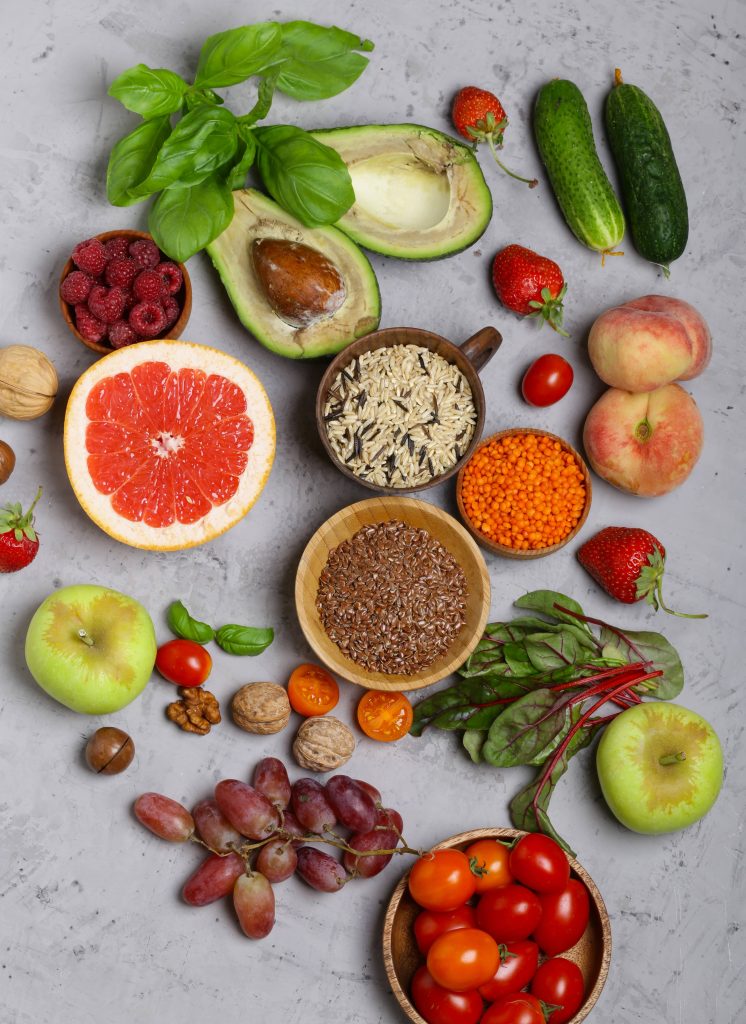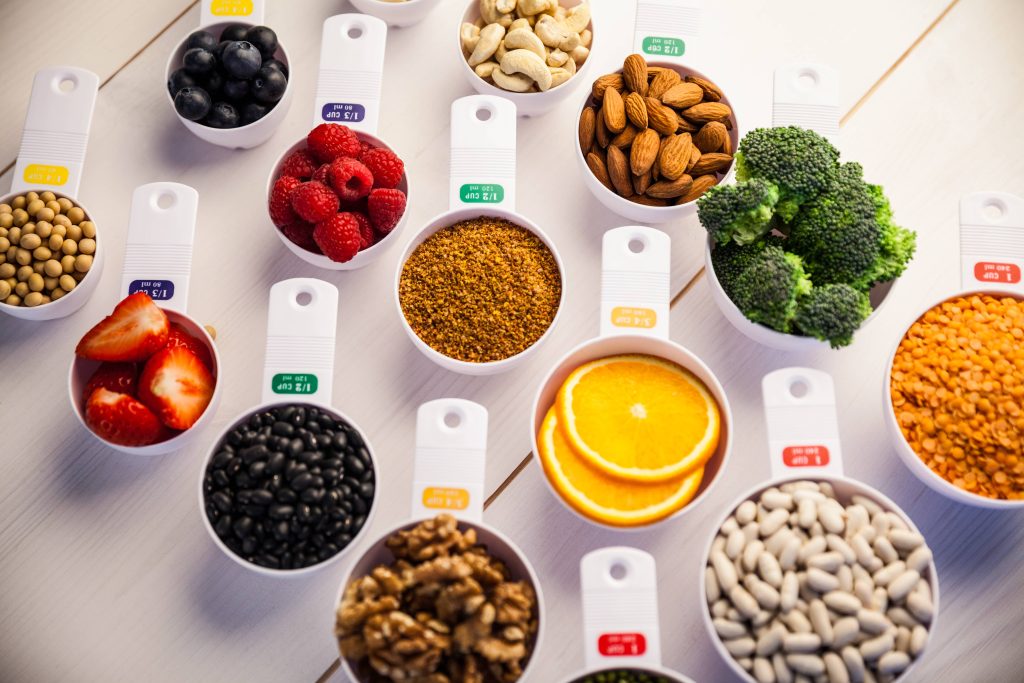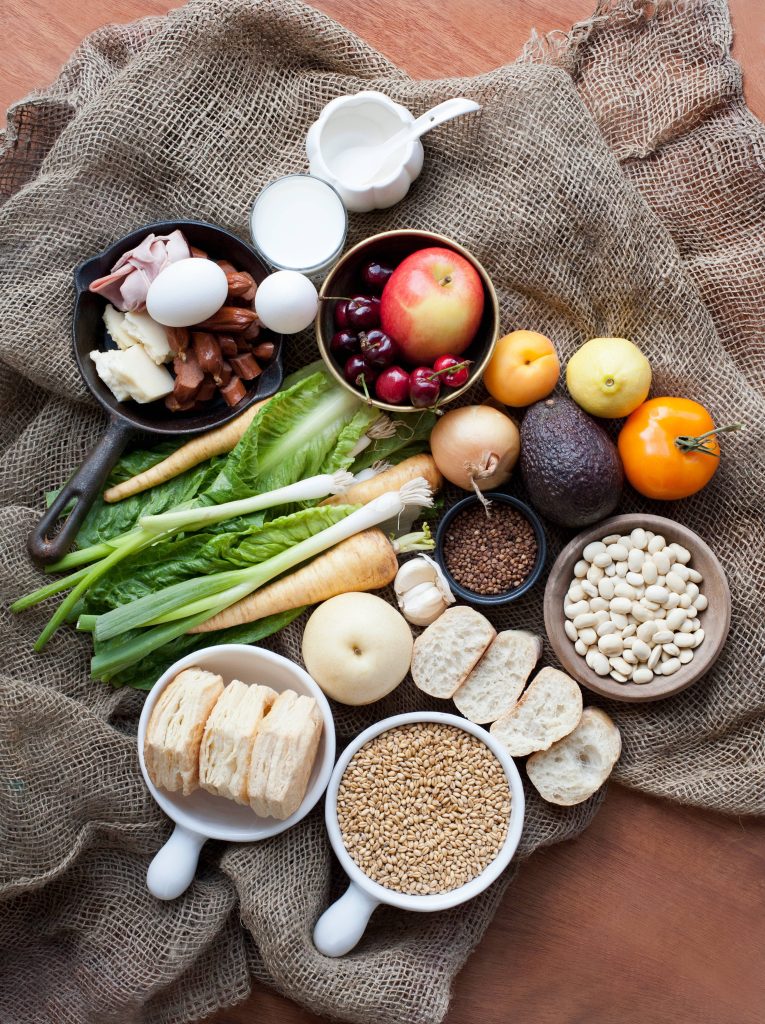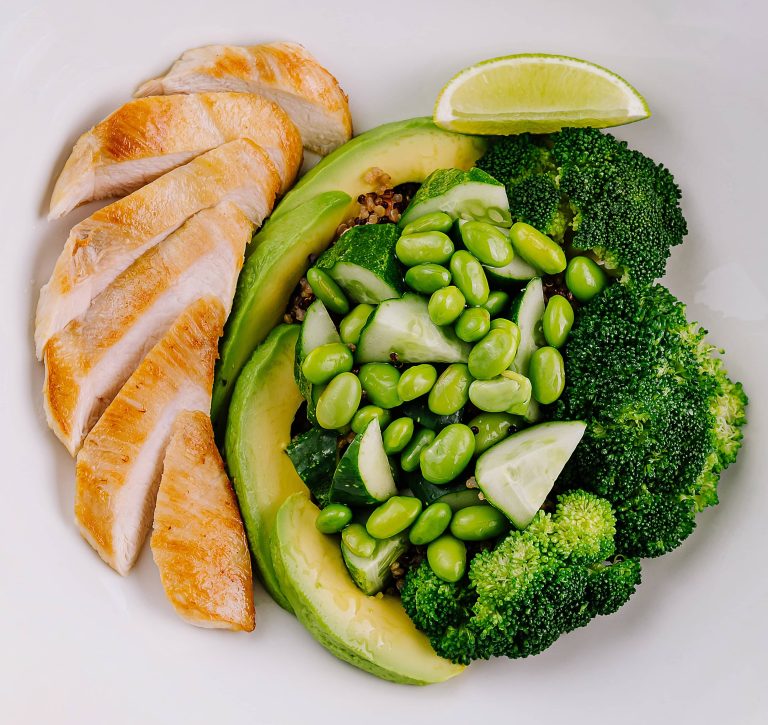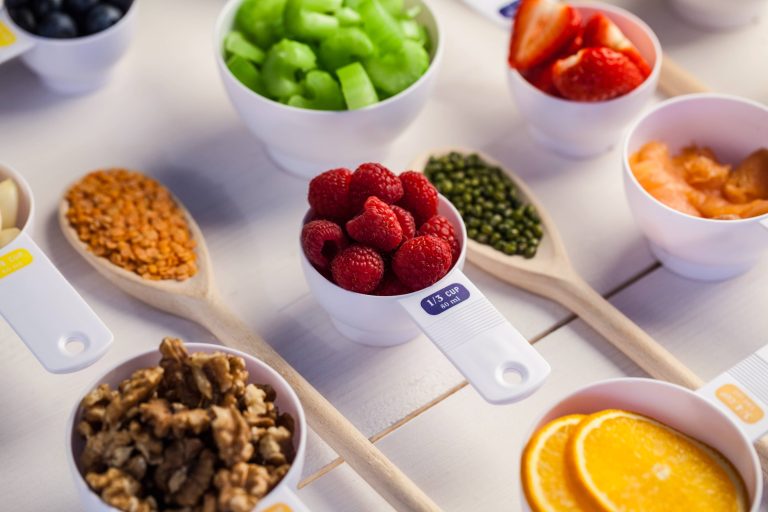
In the quest for a healthier lifestyle, many individuals focus on weight loss and muscle gain. These goals often go hand in hand, as building muscle can aid in weight loss by boosting metabolism. One of the most crucial components in achieving these goals is protein. This macronutrient plays a vital role in both weight loss and muscle gain, making it an essential part of any diet plan. In this blog post, we will explore how protein impacts weight loss and muscle gain, and how you can incorporate it into your diet effectively.
Understanding Protein
Protein is one of the three macronutrients, alongside carbohydrates and fats, that our bodies need to function properly. It is made up of amino acids, which are the building blocks of our muscles, skin, enzymes, and hormones. Unlike fats and carbohydrates, the body does not store protein, so it is essential to consume it regularly through our diet.
Protein and Weight Loss
1. Satiety and Appetite Control
One of the primary ways protein aids in weight loss is by increasing feelings of fullness, or satiety. High-protein diets have been shown to reduce hunger and increase the production of hormones like peptide YY, which helps you feel full. This can lead to a natural reduction in calorie intake, making it easier to maintain a calorie deficit, which is necessary for weight loss.
2. Thermic Effect of Food (TEF)
The thermic effect of food refers to the increase in metabolic rate after eating. Protein has a higher TEF compared to fats and carbohydrates, meaning that the body burns more calories digesting protein than it does with the other macronutrients. This can contribute to a higher overall calorie burn, aiding in weight loss.
3. Preservation of Lean Muscle Mass
When losing weight, it is important to preserve lean muscle mass. Muscle tissue burns more calories at rest than fat tissue, so maintaining muscle mass can help sustain a higher metabolic rate. Consuming adequate protein can help prevent muscle loss during weight loss, ensuring that the weight lost is primarily fat.
Protein and Muscle Gain
1. Muscle Protein Synthesis
Protein is essential for muscle protein synthesis, the process by which the body repairs and builds new muscle tissue. Consuming protein after resistance training can enhance muscle protein synthesis, leading to greater muscle growth over time. This is why many athletes and bodybuilders prioritize protein intake around their workouts.
2. Optimal Protein Intake for Muscle Gain
The amount of protein needed for muscle gain can vary depending on factors such as age, gender, and activity level. However, a general guideline is to consume between 1.6 to 2.2 grams of protein per kilogram of body weight per day. This range can help maximize muscle protein synthesis and support muscle growth.
3. Protein Timing and Distribution
While total daily protein intake is important, the timing and distribution of protein throughout the day can also impact muscle gain. Consuming protein evenly across meals can help maintain a steady supply of amino acids to the muscles, promoting continuous muscle protein synthesis. Additionally, consuming protein-rich foods or supplements immediately after a workout can further enhance muscle recovery and growth.
Sources of Protein
Incorporating a variety of protein sources into your diet can help ensure you are getting all the essential amino acids your body needs. Some excellent sources of protein include:
– Animal-based proteins: Chicken, turkey, beef, pork, fish, eggs, and dairy products like milk, cheese, and yogurt.
– Plant-based proteins: Beans, lentils, chickpeas, tofu, tempeh, quinoa, nuts, and seeds.
For those following a vegetarian or vegan diet, it is important to combine different plant-based protein sources to ensure you are getting a complete amino acid profile.
Practical Tips for Increasing Protein Intake
1. Start Your Day with Protein
Begin your day with a high-protein breakfast to kickstart your metabolism and keep you feeling full throughout the morning. Options include eggs, Greek yogurt, or a protein smoothie.
2. Incorporate Protein into Every Meal
Aim to include a source of protein in every meal and snack. This can be as simple as adding chicken to your salad, snacking on nuts, or including beans in your soup.
3. Use Protein Supplements Wisely
Protein supplements, such as whey or plant-based protein powders, can be a convenient way to increase your protein intake, especially after workouts. However, they should not replace whole food sources of protein.
4. Plan and Prepare Meals Ahead
Planning and preparing meals in advance can help ensure you have protein-rich options readily available, making it easier to stick to your diet plan.
Conclusion
Protein plays a crucial role in both weight loss and muscle gain, making it an essential component of any diet plan. By understanding how protein impacts these processes and incorporating it effectively into your diet, you can achieve your health and fitness goals more efficiently. Remember to choose a variety of protein sources, distribute your intake throughout the day, and adjust your protein consumption based on your individual needs and activity level. With the right approach, protein can be a powerful ally in your journey towards a healthier, stronger you.


